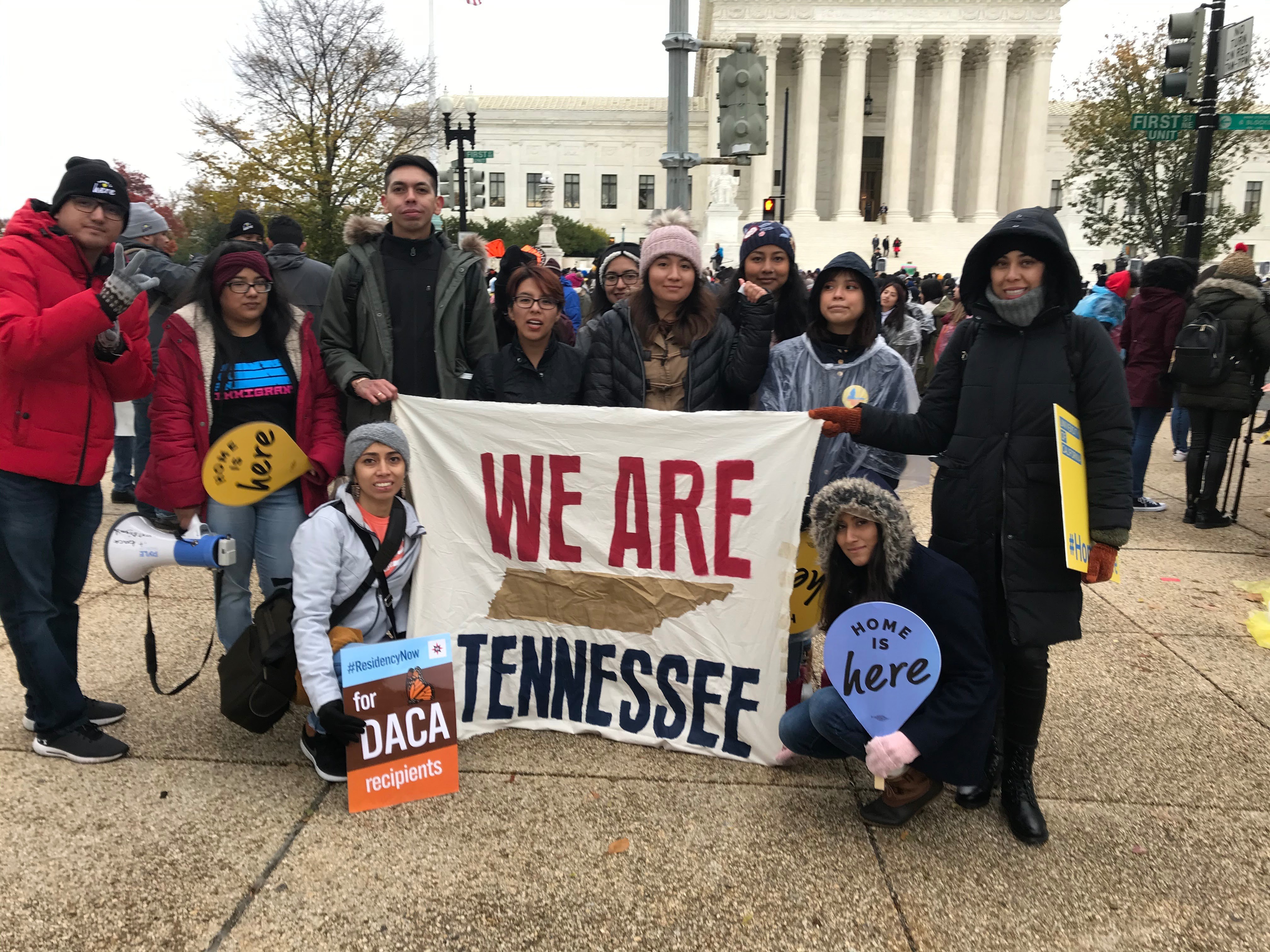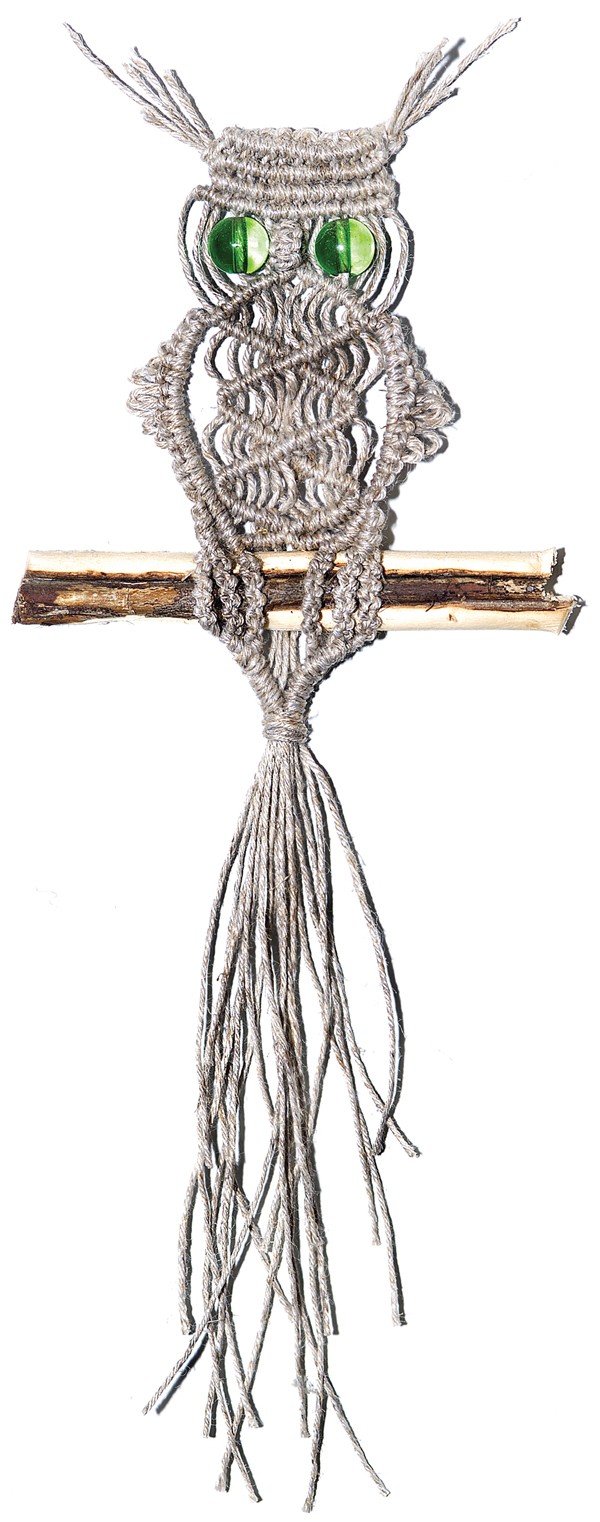 Facebook/TIRRC
Facebook/TIRRC
Tennessee DACA recipients rally in front of U.S. Supreme Court
The U.S. Supreme Court began hearing arguments Tuesday in the case that will decide the future of the Deferred Action for Childhood Arrivals (DACA) Program.
Twelve DACA recipients — or Dreamers — from Tennessee joined thousands more outside of the Supreme Court to rally in support of the program while the nine justices heard arguments inside.
DACA was created in 2012 to provide temporary protection from deportation to undocumented immigrant youth, enabling them to attend school and work.
Yuritza Sanchez, a 20-year-old student from Memphis was one of the Dreamers rallying outside the court Tuesday. Sanchez, said she came to the United States when she was three years old.
“Having DACA has meant the world to me because I can accomplish my dreams, have a good job with benefits, and finally get my drivers license, which was big for my family,” Sanchez said. “As the first person who could drive without fear of deportation, it’s made our whole family a little bit safer.”
Sanchez said she would not only like to DACA to be preserved, but she also wants to see a more permanent solution for the future.
“I hope the Congress and Supreme Court see all of us here and that they understand that this is about our lives,” Sanchez said. “We need a permanent solution — without compromising our families or our communities.”
Sanchez’s sister, Kristal Sanchez, was also there Tuesday. Kristal, a 19-year-old freshman at the University of Memphis, said receiving DACA protection has been “transformative.” She said it allowed her to work as well as attend college on a scholarship.
[pullquote-1]
“I’m here representing my community and all DACA recipients from Memphis,” Kristal said. “It’s powerful to be here with thousands of DACA recipients, and I hope the Supreme Court justices see what’s at stake. I hope the justices make the right decisions, and that they preserve DACA because this is our home.”
In 2017, President Donald Trump signed an executive order terminating the program. That decision was challenged in lower courts and blocked.
Now, three cases, consolidated into one are before the Supreme Court will decide whether or not the president has the authority to legally end DACA.
The Supreme Court is expected to make a decision in 2020. If DACA does end, about 700,000 recipients — 8,000 Tennesseeans — would lose the right to work and protection from deportation.
“The Supreme Court’s decision in 2020 will define our nation,” the Tennessee Immigrant and Refugee Rights Coalition said in a Tuesday statement. “If the Supreme Court justices let the Trump Administration end DACA, they will be putting the lives of millions in immediate danger. Without protection, DACA recipients could lose their homes and their livelihoods.”
INCREDIBLE at the Supreme Court: #DACA plaintiffs emerge and chant with thousands: #HomeisHere! pic.twitter.com/8aCzFo9Wia
— Make the Road Action 🦋 (@MaketheRoadAct) November 12, 2019
Tennessee Dreamers Rally as Supreme Court Holds Hearing on DACA
 Aleksandras Naryskin | Dreamstime.com
Aleksandras Naryskin | Dreamstime.com  jb
jb